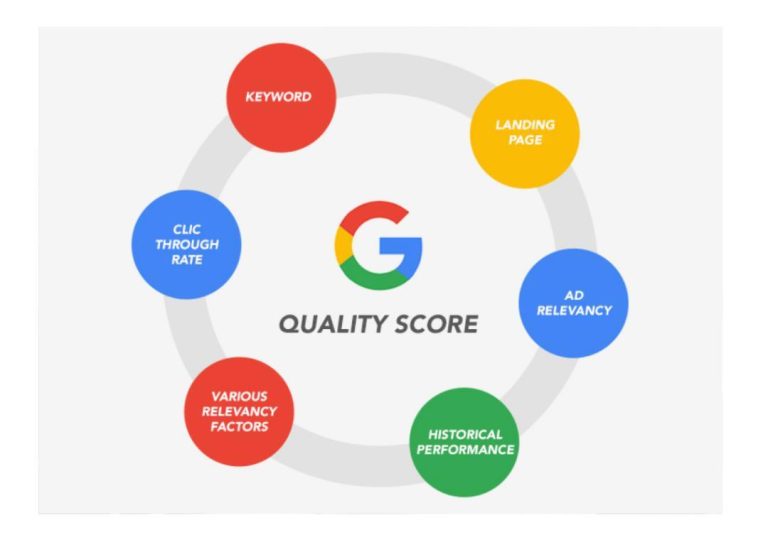
Sugary drinks linked to 2 mn diabetes, 1.2 mn heart cases per year
The consumption of sugar-sweetened beverages (SSBs) has been a topic of concern for years, and a recent study has shed light on the alarming consequences of this habit. According to the study, 2.2 million new cases of type 2 diabetes and 1.2 million new cases of cardiovascular disease are caused due to the consumption of SSBs every year. These staggering numbers are a wake-up call for individuals and policymakers alike, highlighting the need for a drastic reduction in the consumption of sugary drinks.
The study, which analyzed data from 184 countries over a 30-year period (1990-2020), found that men, younger adults, higher-educated individuals, and urban dwellers are at a higher risk of developing type 2 diabetes and cardiovascular disease due to their consumption of SSBs. The data, published in the journal The Lancet, is a stark reminder of the importance of a healthy lifestyle and the need to rethink our relationship with sugary drinks.
SSBs, which include popular drinks like soda, sports drinks, and sweetened tea and coffee, have become a ubiquitous part of modern life. However, the consequences of consuming these drinks are far from harmless. The high sugar content in SSBs has been linked to a range of health problems, including obesity, type 2 diabetes, and cardiovascular disease.
The study’s findings are a significant concern, particularly in light of the growing global trend of obesity and related health issues. The World Health Organization (WHO) estimates that over 1.9 billion adults worldwide are overweight, and the number is expected to rise to 3.3 billion by 2025. The link between SSB consumption and type 2 diabetes is particularly alarming, as the disease is a leading cause of morbidity and mortality worldwide.
The study’s authors used data from the Global Burden of Disease (GBD) study to analyze the relationship between SSB consumption and the incidence of type 2 diabetes and cardiovascular disease. The data included information on SSB consumption, as well as demographic and socioeconomic factors, in 184 countries from 1990 to 2020.
The results of the study were striking, with SSB consumption found to be a significant risk factor for both type 2 diabetes and cardiovascular disease. The study’s authors estimated that 2.2 million new cases of type 2 diabetes and 1.2 million new cases of cardiovascular disease are caused by SSB consumption every year.
The study’s findings also highlighted the disparities in SSB consumption and related health problems across different populations. Men, younger adults, higher-educated individuals, and urban dwellers were found to be at a higher risk of developing type 2 diabetes and cardiovascular disease due to their consumption of SSBs. These findings have significant implications for public health policy, highlighting the need for targeted interventions to reduce SSB consumption among these high-risk groups.
The study’s authors emphasized the importance of reducing SSB consumption as a key strategy in preventing type 2 diabetes and cardiovascular disease. They called for a range of measures to reduce SSB consumption, including taxes on SSBs, restrictions on their marketing and advertising, and increased education and awareness about the health risks associated with SSB consumption.
The study’s findings have significant implications for individuals and policymakers alike. For individuals, the study highlights the importance of being mindful of SSB consumption and making informed choices about the drinks we consume. For policymakers, the study emphasizes the need for a range of measures to reduce SSB consumption and promote a healthy lifestyle.
In conclusion, the study’s findings are a stark reminder of the importance of reducing SSB consumption and promoting a healthy lifestyle. The link between SSB consumption and type 2 diabetes and cardiovascular disease is a significant concern, and policymakers and individuals must work together to address this issue.
Source:






